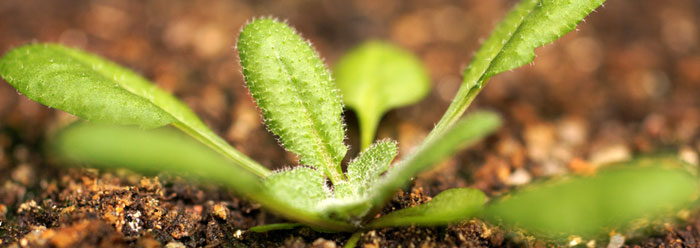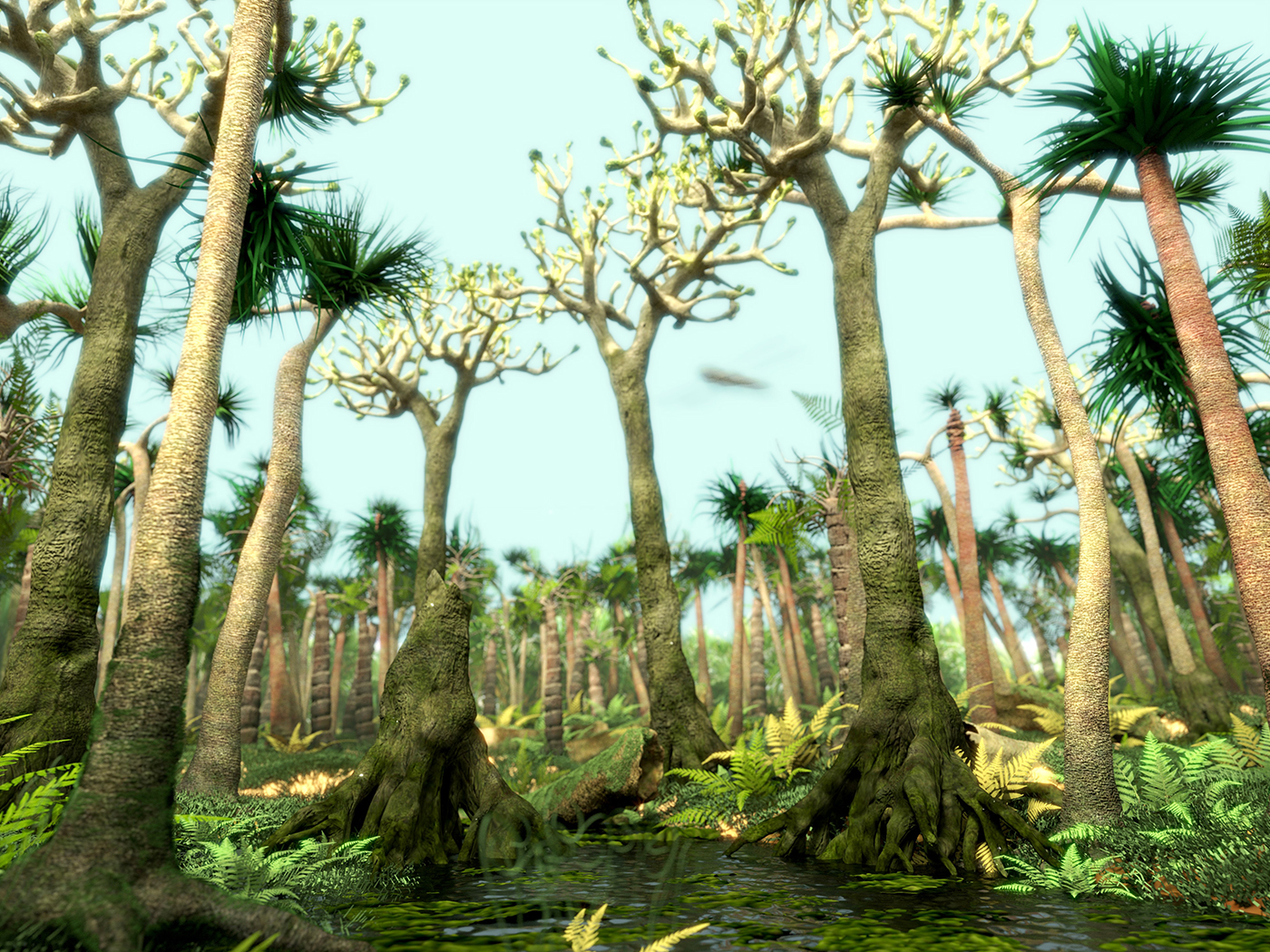Do plants think? They don't have brains or even neurons. But when scientists shined a light onto a leaf at the bottom of a plant, the entire plant "knew" how to react. Their studies uncovered evidence that plants not only have complex internal interactions, but that these are remarkably well-constructed to adapt for survival.
The experiments were conducted on the thale cress plant. This relative of mustard and cabbage has become a model for plant experiments and plant genetic analyses. The researchers discovered that when certain biochemicals in the leaves were stressed with excess light intensity, they initiated a cascade of chemical communication that coursed through the whole plant along bundle sheath cells.
These cells have long been known as photosynthetically active and tightly arranged around leaf veins. Thus, these cells pull at least quadruple duty: they protect leaf veins, support leaf structure, perform photosynthesis, and transmit electrochemical signals that activate specific biochemical switches in cells throughout the plant.
Curious as to how the leaf collected the light data from its environment, translated it into relevant information, and then transmitted that information to the rest of the plant, the researchers tried to track plant responses that occurred in the dark after all experimental lights were turned off.
Researcher Stanislaw Karpinski, of the Warsaw University of Life Sciences in Poland, told BBC News that "the changes proceeded when the light was off... This was a complete surprise."1
The researchers were further surprised that the plant had color-specific responses, with separate chemicals involved in the transmission of blue, red, and white light information to the whole plant. High-intensity light and colors initiated protective measures within the leaves, mitigating against solar damage and triggering specific immune responses.
BBC News stated that the plant-wide signaling system would be important to plants, "allowing them to respond to and survive changes and stresses in their environment." Plant scientist Christine Foyer of the University of Leeds, who was not involved in the study, said, "Plants have to survive stresses, such as drought or cold, and live through it and keep growing."1
The study's findings were presented on June 30 in Prague, Czech Republic, at the annual meeting of the Society for Experimental Biology. Karpinski's team reported in the meeting notes that "leaves in the dark are able to not only 'see' the light, but also are able to differently remember its spectral composition and use this memorized information to increase their survival chances."2
An unrelated study in 2005 found that thale cress also had the ability to revert to a former version of a damaged gene, two generations after the gene damage occurred.3 This function serves to erase mutations, another process that assists in the plant's survival amid stresses.
Researchers should now see the light. All these observations show that plants are well-equipped with an abundance of ingenious machinery that ensures they will not merely survive hardships, but also proactively adapt to and fill new environments. This is consistent, of course, with the original stated purpose for plants, which were to be food for man and animals.4 Plants were outfitted with all the complicated inner workings they would need to ensure that they would flourish and provide food.
Foyer said that Karpinski's research shows plants have "a form of intelligence."1 Even if what was observed here could be described as some form of "intelligence," what it actually shows is that plants were created by Intelligence, since information always originates from pre-existing information.5
References
- Gill, V. Plants 'can think and remember.' BBC News. Posted on bbc.co.uk July 14, 2010, accessed July 23, 2010.
- Karpinski, S. et al. Can plants think? Evidence for light wavelength-specific photo-electro-physiological signaling and memory of excess light episode in Arabidopsis. Presented at the Society for Experimental Biology Main Meeting, Prague, 2010.
- Lolle, S. J. et al. 2005. Genome-wide non-mendelian inheritance of extra-genome information in Arabidopsis. Nature. 434 (7032): 505-509.
- "And God said, Behold, I have given you every herb bearing seed, which is upon the face of all the earth, and every tree, in the which is the fruit of a tree yielding seed; to you it shall be for meat" (Genesis 1:29).
- Gitt, W. 2000. In the Beginning Was Information. Bielefeld, Germany: Christliche Literatur-Verbreitung e. V. (In the online pdf of this book, content begins on page three.)
* Mr. Thomas is Science Writer at the Institute for Creation Research.
Article posted on August 2, 2010.






















